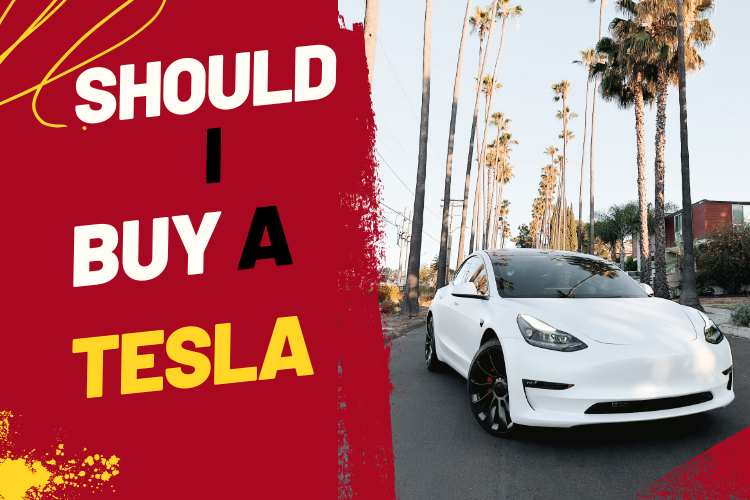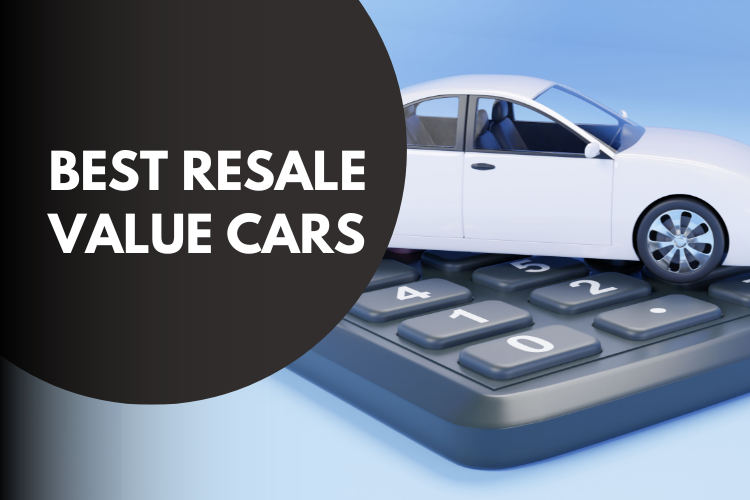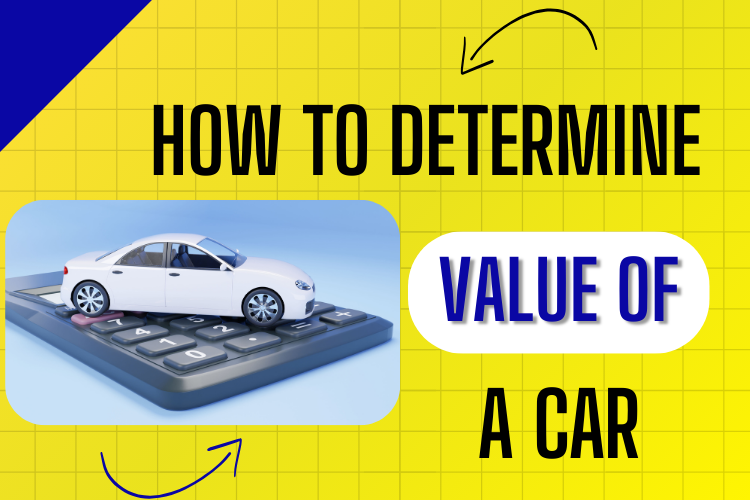Key Takeaways
- Tesla offers impressive performance, safety features, and cost efficiency but also has high upfront costs and unique maintenance considerations.
- Deciding between new and used Tesla depends on your budget, desired features, and long-term plans.
- Buying a Tesla requires careful planning, from choosing the model to understanding ownership costs and resale value.
In This Guide:
- The Current Tesla Market
- Why Should You Buy a Tesla?
- Pros of Owning a Tesla
- Cons of Owning a Tesla
- Where and How Can I Buy a Tesla?
- How Much Does a Tesla Cost?
- New Tesla vs. Used | Which is Right for You?
- Making the Choice – Is Tesla a Good Car?
- Buying a Tesla FAQs
The Current Tesla Market
Tesla’s cars are constantly improving, thanks to their rapid battery and software technology advancements. However, this fast-paced evolution means older models, like a 2- or 3-year-old Model S, tend to lose value more quickly.
While demand for Teslas is steadily growing, it’s still relatively small compared to traditional petrol or diesel cars from established brands. As a result, the second-hand Tesla market has yet to become as active. Surely, this can work in your favor if you’re hunting for a bargain.
Older Teslas often perform just as well as newer ones, making used options attractive for savvy buyers. The introduction of a more affordable Model 3 in 2019 shows that, with the cheaper options on the horizon, prices for older Teslas are expected to drop further.
As Tesla becomes more common on the roads, the used market is expected to expand, offering even more options at lower prices.
Why Should You Buy a Tesla?
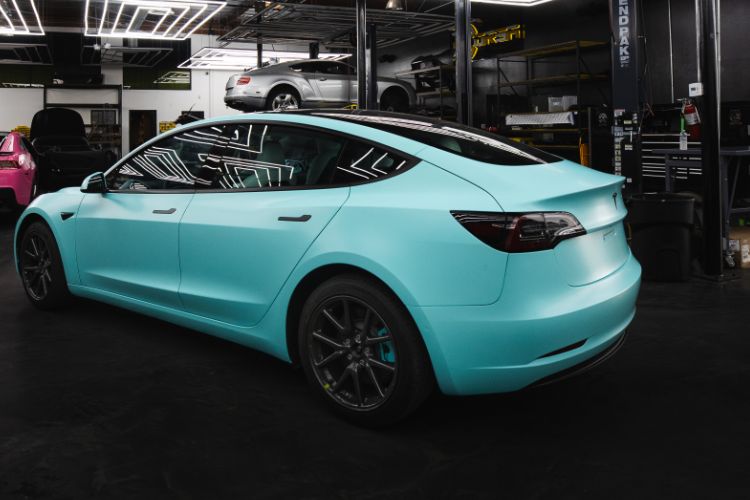
Switching to an electric vehicle (EV) like a Tesla is a smart move for your wallet and the planet. Governments worldwide are pushing for greener transportation. Additionally, Teslas cost roughly half as much to run as traditional gas cars.
Also, they are exempt from congestion and emissions charges in cities, and the financial benefits are hard to ignore.
The Tesla appeal includes instant torque and smooth acceleration. Some auto enthusiasts miss the roar of an engine, but many find the quiet power of a Tesla addictive.
Tesla also stands out with its cutting-edge software which is regularly updated to make sure your car stays ahead of the curve. Not to forget mentioning their industry-leading charging network which is powerful and conveniently located stations make long trips easy.
Switching to a Tesla isn’t just about buying a car; it’s an entire driving experience.
Pros of Owning a Tesla

Tesla vehicles come packed with benefits, making them a popular choice for many drivers.
Cost of Operation
Teslas have a higher upfront cost but are relatively cheaper to operate. Charging is more affordable than gas. Since electric motors have fewer moving parts, this factor significantly reduces maintenance expenses. To top it off, tax incentives for EV ownership help reduce initial costs.
Safety
Tesla consistently earns top safety ratings. This is because of its smart features like Autopilot, crash avoidance systems, and a low center of gravity, which lowers the risk of rollovers. Plus, Tesla’s strong focus on safety is a distinctive feature that sets it apart in the EV market.
Performance
Tesla’s electric motors deliver instant torque, resulting in unmatchable acceleration. Models like the Tesla Model S Plaid can go from 0 to 60 mph in under two seconds. Tesla vehicles also feature great handling and advanced software updates to improve the driving performance and experience.
Range and Charging Capability
Tesla’s extensive Supercharger network ensures convenience for long road trips. The latest models reflect good ranges exceeding 400 miles on a single charge. Moreover, home charging solutions add to the overall ease of use and ownership.
Sustainability and Tech Innovation
Tesla’s mission to accelerate sustainable energy is in sync with environmentally conscious buyers. Plus, features like automatic software updates, a smart design, and high-tech infotainment systems make driving a Tesla feel modern and smart.
Cons of Owning a Tesla
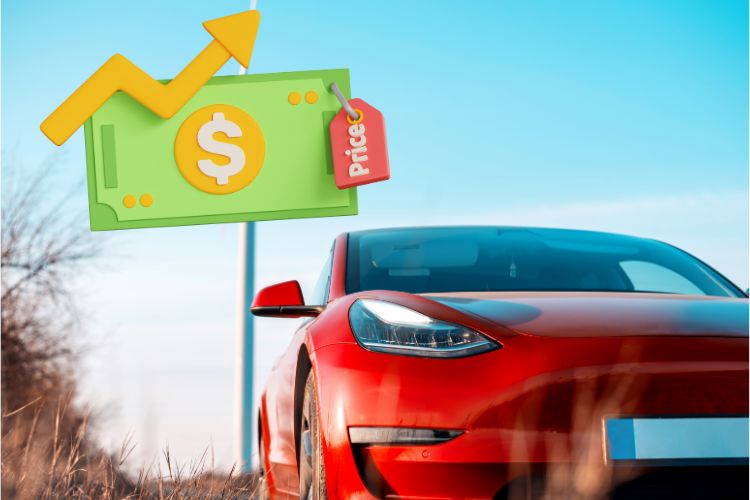
Despite their benefits, Teslas could be better. Here are some Tesla cons to consider:
Price
Tesla vehicles are expensive, with entry-level models like the Model 3 starting at around $40,000 and premium models exceeding $100,000. While tax credits help, the initial investment can be a barrier for some buyers.
Maintenance and Insurance
Teslas require less routine maintenance than gas-powered cars, but repairs can be costly due to specialized parts and service providers. Insurance rates for Teslas also tend to be higher, reflecting their premium status and repair costs.
Charging Infrastructure Limitations
While Tesla’s Supercharger network is extensive, not all regions have convenient access to charging stations. This can be challenging for those living in rural areas or with limited EV infrastructure.
Dependence on Software
Tesla’s While innovative, reliance on software updates can occasionally introduce glitches. Owners also face potential concerns about data privacy and system hacking.
If you are looking for alternatives to a new Tesla purchase, check out our guide for the Best New Cars of 2025.
Where and How Can I Buy a Tesla?
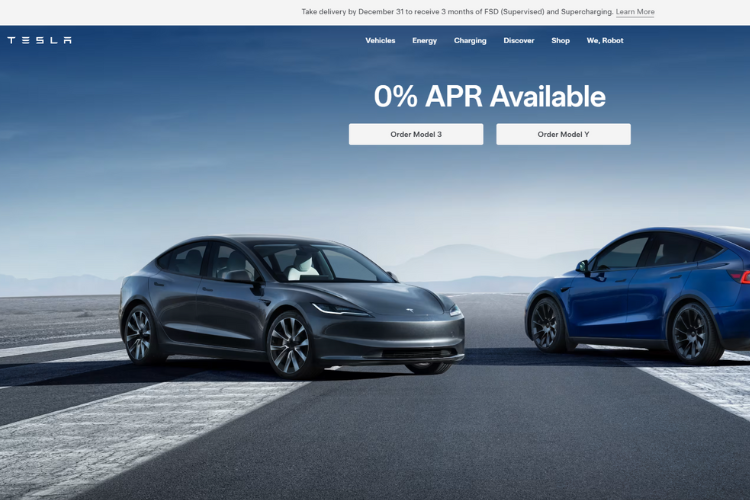
Purchasing a Tesla is straightforward, thanks to Tesla’s direct-to-consumer sales model. Buyers can visit Tesla’s website, customize their vehicle, and place an order.
In the US, you can buy a Tesla directly from their official website or by visiting a local Tesla showroom. Tesla operates without traditional dealerships, meaning you’ll work directly with Tesla staff or online tools to configure your vehicle and complete the purchase.
However, you might need to wait for delivery, especially for popular models. For in-person interactions, Tesla showrooms are available in major cities across the United States, where you can explore models, take test drives, and get answers from Tesla advisors.
Learn more about buying a car directly from a manufacturer and how to buy a car online.
If you prefer a fully online experience, Tesla’s website lets you customize your car, calculate costs, and even secure financing all from the comfort of your home. Delivery options include home delivery or pickup from a local Tesla service center.
How Much Does a Tesla Cost?
The most affordable Tesla is the Model 3, starting at $40,240 for the base model. If you’re looking for better performance and range, the Long Range version costs approximately $47,240, while the high-powered Performance model starts at $53,240.
For Tesla’s premium models, the Model S ranges from $88,490 for the base version to $108,490 for the Plaid version. Meanwhile, the larger and more versatile Model X starts at $98,490, with the Plaid model priced at $108,490.
If you’re shopping for a more budget-friendly Tesla, consider a pre-owned Model S. A five-year-old Model S can often be found for less than the price of a new Model 3. The prices start around $35,000-$40,000, depending on the mileage and condition.
These older models may have smaller battery capacities like 60kWh or 70kWh, but they still provide impressive performance and range, easily meeting the needs of everyday driving.
New Tesla vs. Used | Which is Right for You?

When deciding between a brand-new Tesla and a pre-owned model, there are several factors to consider, including cost, features, performance, and long-term value. Both options have benefits and drawbacks, so it’s all about finding the right fit for your needs and budget.
New Tesla – Cutting-Edge Tech and Customization
Buying a new Tesla means getting the latest features, advanced battery technology, and up-to-date software. Tesla’s over-the-air updates ensure your car stays future-ready, with improved performance and new functionalities added regularly.
Moreover, you can customize your car exactly how you want, from colour and interior options to choosing performance packages.
| Pros of a New Tesla | Cons of a New Tesla |
|---|---|
| Latest hardware and software upgrades. | Higher upfront cost. |
| Warranty coverage for peace of mind. | Longer wait times for delivery depending on demand |
| Customization options to match your preferences. |
Used Tesla – Budget-Friendly with Proven Reliability
Going for a used Tesla can save you significant money while still providing access to electric luxury and Tesla’s high-performance features. Pre-owned Teslas often include models no longer available as new, such as older trims with smaller batteries or rare configurations.
| Pros of a Used Tesla | Cons of a Used Tesla |
|---|---|
| More affordable entry into Tesla ownership. | Older models may need more features and battery efficiency. |
| Depreciation has already occurred, saving you money in the long run. | Limited warranty coverage, depending on the car’s age and mileage. |
| Immediate availability—no waiting for delivery. |
Making the Choice – Is Tesla a Good Car?
A new Tesla is ideal if you want cutting-edge technology, custom options, and peace of mind with a full warranty. On the other hand, a used Tesla is perfect for those seeking affordability while still enjoying the benefits of an electric vehicle. If Tesla isn’t the EV brand for you, there are plenty of other Tesla alternatives that offer unique features at different pricing tiers.
For tips on finding the perfect vehicle, check out our guides:
Buying a Tesla FAQs
How many years do Teslas last?
Teslas are designed to last 10-20 years with proper maintenance. Batteries typically degrade by about 10% after 200,000 miles, but newer models may exceed these benchmarks.
How often do you have to replace electric vehicle batteries?
Tesla batteries are engineered to last between 300,000 and 500,000 miles. Replacement is rare within the first 8-10 years and is often covered by warranty.
Do Teslas hold their value over time?
Tesla vehicles retain value better than many competitors, thanks to their strong brand reputation and demand. However, the resale value depends on the model, condition, and market trends.

